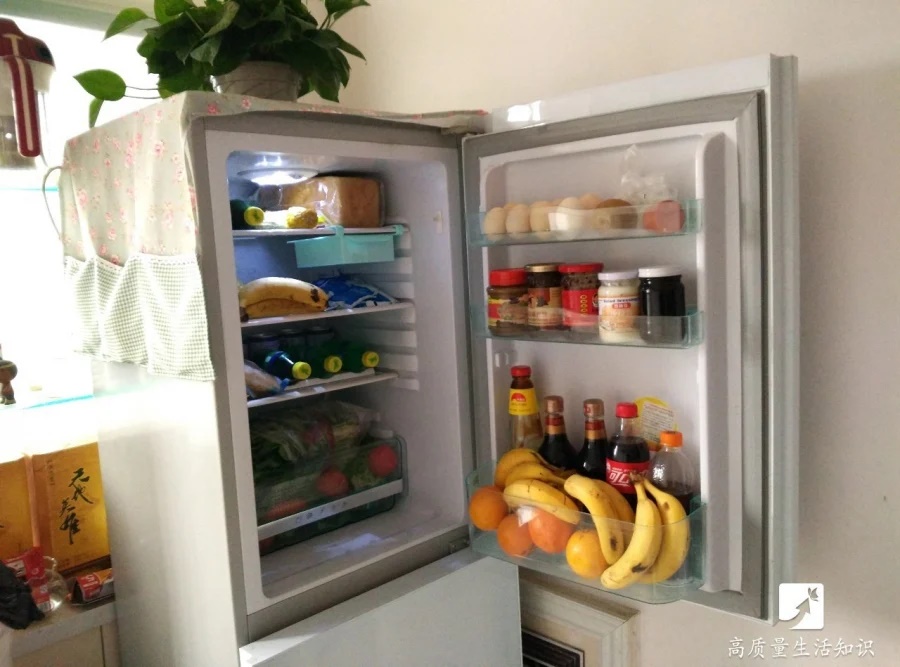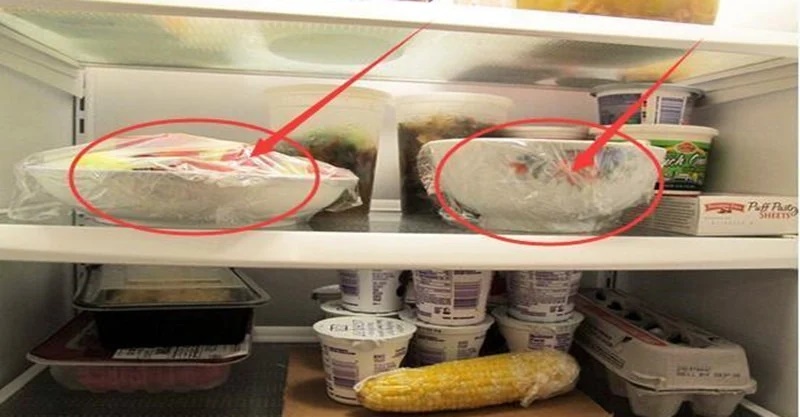Refrigerators and Food Safety: Understanding the Risks and Best Practices
While refrigerators are not the cause of food contamination, improper usage and cleaning practices can increase the risk of foodborne illnesses. It’s important to understand that a refrigerator is simply an appliance that cools and preserves food, slowing down bacterial growth rather than eliminating it entirely.
Many people mistakenly believe that a refrigerator is a cure-all for food storage, leading to the misuse of this appliance. In reality, not everyone knows how to use a refrigerator correctly, which can have serious consequences.
1. Storing Cooked and Raw Food Close Together
Studies show that 46% of family refrigerators contain dangerous bacteria such as Escherichia coli, Salmonella, and Listeria. Listeria, in particular, is a leading cause of food poisoning and can thrive in the cold temperatures of a refrigerator. It is commonly found in raw meat, such as raw pork and beef, and some dairy products.
Storing cooked and raw food close together increases the risk of cross-contamination. Consuming food contaminated with Listeria can lead to vomiting, diarrhea, meningitis, and other symptoms of food poisoning.

To prevent this, it is best to keep raw meat and cooked food separate. Store each type of food in airtight containers or wrap them tightly in plastic wrap. Even after removing food from the refrigerator, it is important to reheat or cook it before consumption.
2. Neglecting Regular Cleaning
Just like the human body, a refrigerator requires regular cleaning to maintain hygiene. Over time, bacteria can build up, especially if the refrigerator is not cleaned regularly. It is recommended to clean the refrigerator 2-3 times a week and to regularly check the condition of stored food to prevent spoilage and bacterial growth.

3. Waiting for Food to Cool Before Refrigeration
While it is a common belief that hot food should not be placed in the refrigerator, it is important to understand that waiting for food to cool can actually increase bacterial growth. As food cools, bacterial growth accelerates. Therefore, it is advisable to store cooked food in the refrigerator promptly if it is not going to be consumed immediately, especially during the summer months when harmful bacteria can double in number in less than half an hour.
4. Repeatedly Freezing and Thawing Food
Each time food is thawed, previously suppressed bacteria begin to multiply rapidly. If frozen again, the bacterial count continues to rise, increasing the risk of acute food poisoning and other health issues. It is best to consume thawed food immediately and discard any leftovers.

5. Overcrowding the Refrigerator
Today, many families use their refrigerators to store a variety of items, including food, medication, cosmetics, and dietary supplements. This practice can lead to cross-contamination and make it easier to forget about perishable items, increasing the risk of foodborne illnesses and unpleasant odors. It is important to only store items that truly require refrigeration and to regularly check and discard any expired or spoiled food.
Source: Khoevadep





































